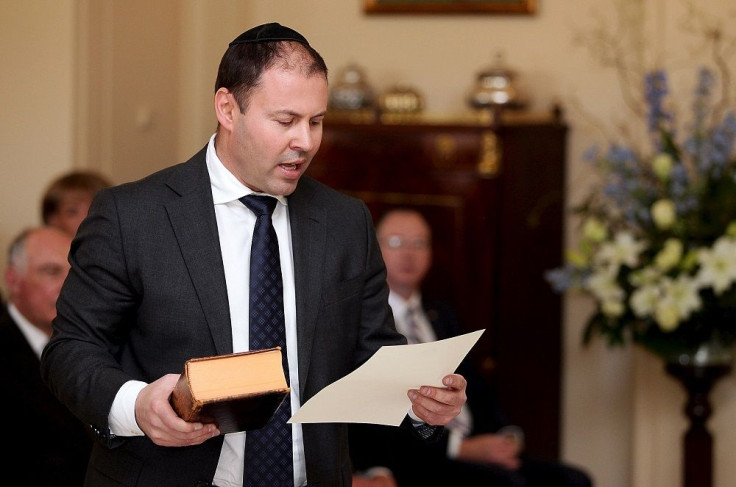Environment minister stresses ‘no plans’ to change RET

Josh Frydenberg has stressed that the Turnbull government has “no plans” to change the Renewable Energy Target (RET). The environment minister said the RET is “balanced” but “not cost free” and it will stay in response to reports that conservative Coalition MPs want the target scrapped.
But Frydenberg has clarified in an interview on Radio National that the government had “no plans” to change the target of 33,000 gigawatt hours of energy from renewable energy by 2020. He said an estimate from the Australian Energy Market Commission indicates that the RET cost households US$63 (AU$82) every year. However, that was a “far cry from the 50% target that Bill Shorten is proposing.”
The Warburton review has recently found out that eliminating the RET will push up electricity prices. When asked about the outcome of the study, Frydenberg is determined that it was “not right” and a “myth put forward by Labor.”
Instead, he said the Warburton review has found that increasing use of renewables “pushes out” coal. Frydenberg believes that this will add to power cost in the long run.
The environment minister has explained that the increase in electricity prices in South Australia is due to its uptake of renewables and taking the Northern power plant offline. In order to meet its emissions reduction targets, the country has to take a technology-neutral approach, according to Frydenberg.
No direct response was given by Frydenberg in relation to how ultra-supercritical power stations will be funded. He is also yet to comment about whether they are incompatible with long-term targets of zero emissions.
On Monday, deputy prime minister Barnaby Joyce did not commit the government to keeping the RET. South Australian senator Cory Bernardi and former prime minister Tony Abbott have both argued for the scrapping of renewable energy targets, saying it will allow the government to campaign more forcefully against Labor on energy policy.






